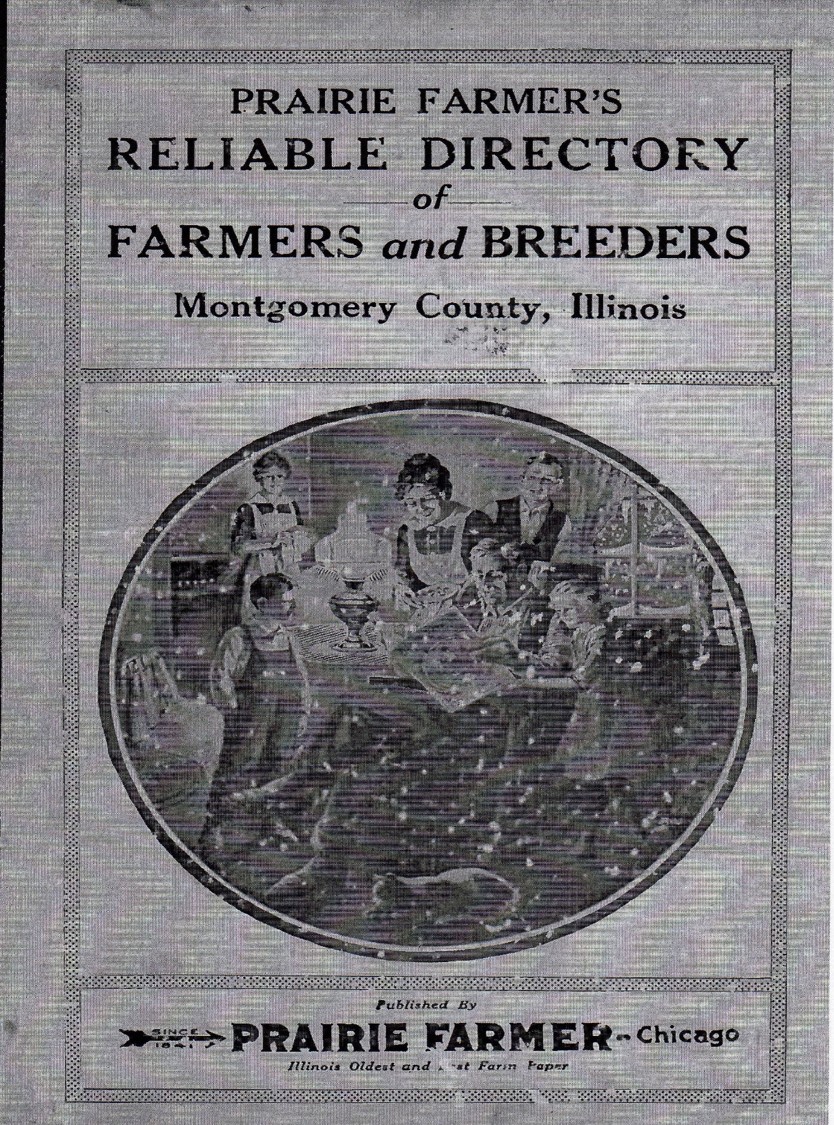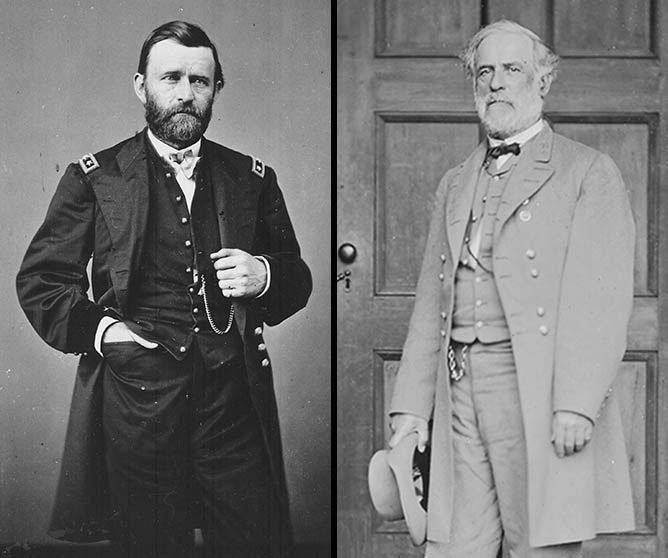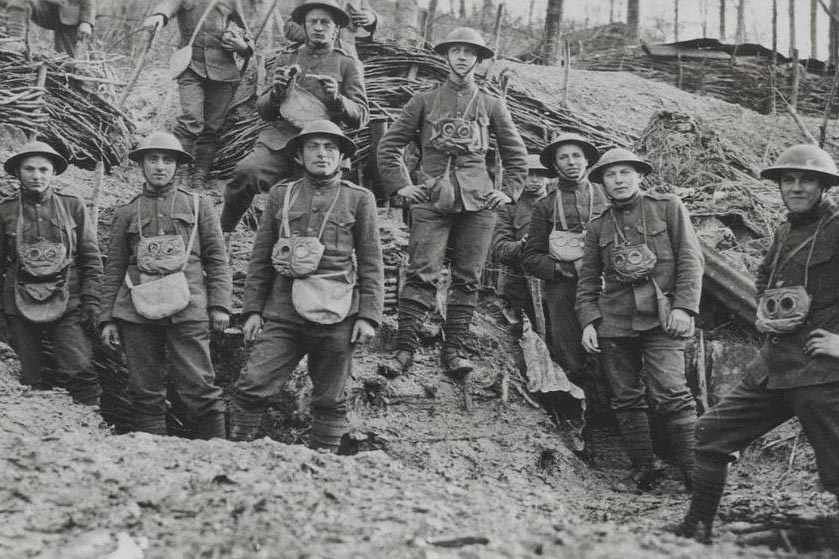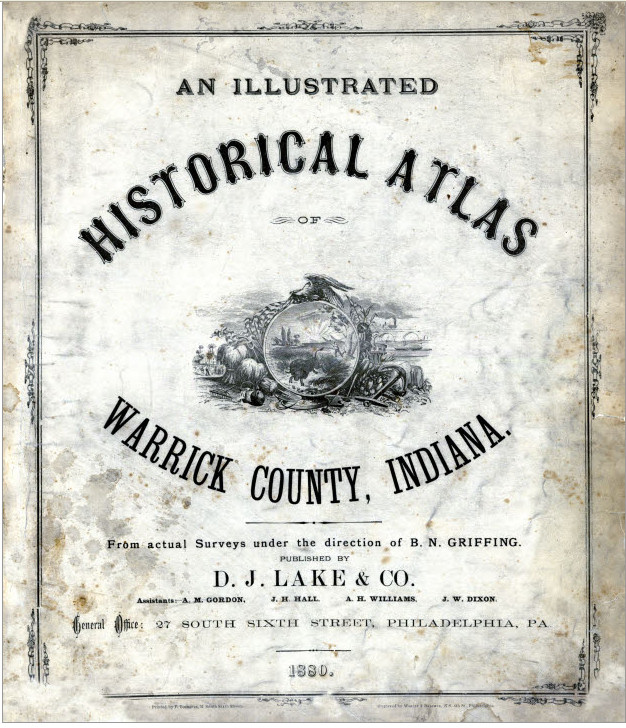The Internet Archive for Genealogists
History of the Internet Archive The Internet Archive (https://archive.org) is a non-profit that is building a digital library of Internet sites and other cultural artifacts in digital form. It provides free access to researchers, historians, scholars, people with print disabilities, and the general public. Their mission is to provide Universal Access to All Knowledge. The Archive began archiving the Internet in 1996 It now has over twenty-three years of web history accessible through the Wayback Machine and partners with over one thousand and other partners to identify important web pages. It soon began providing digital versions of other published works. At this time it contains seven hundred thrity-five billion web pages, forty-one million books and texts, 14.7 million audio recordings (including two hundred forty thousand live concerts), 8.4 million videos (including 2.4 million television news programs), 4.4 million images, and eight hundred ninety thousand software programs. It pays to set...












Recent Comments